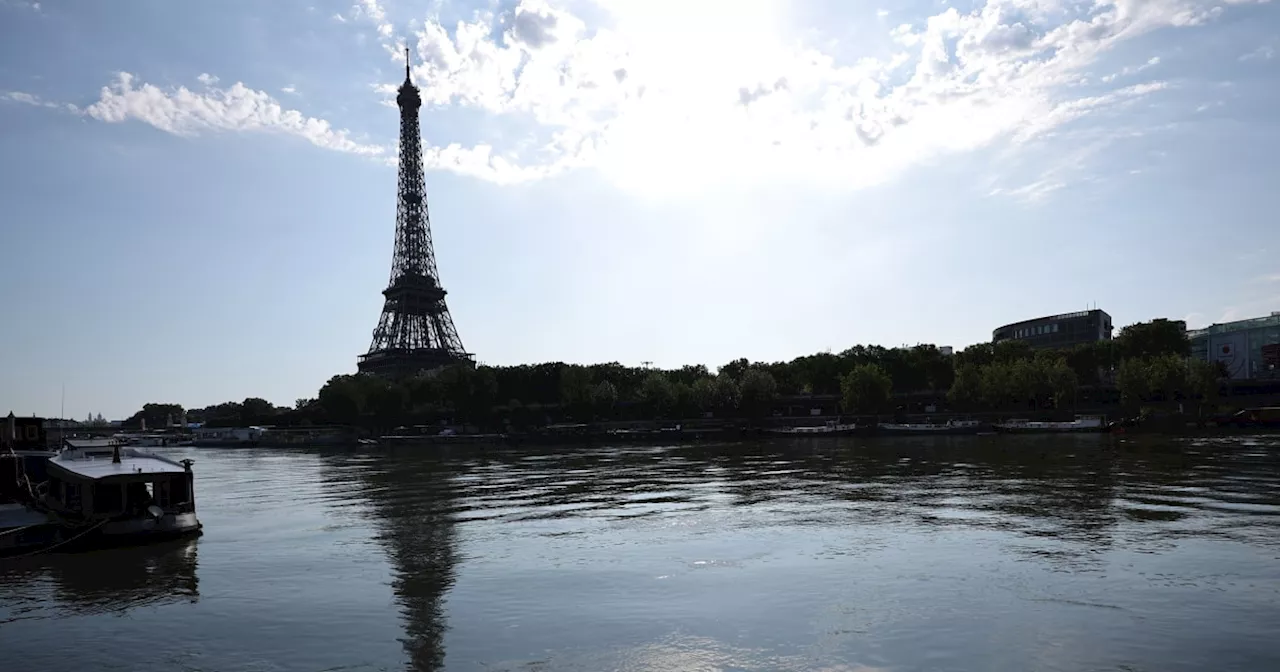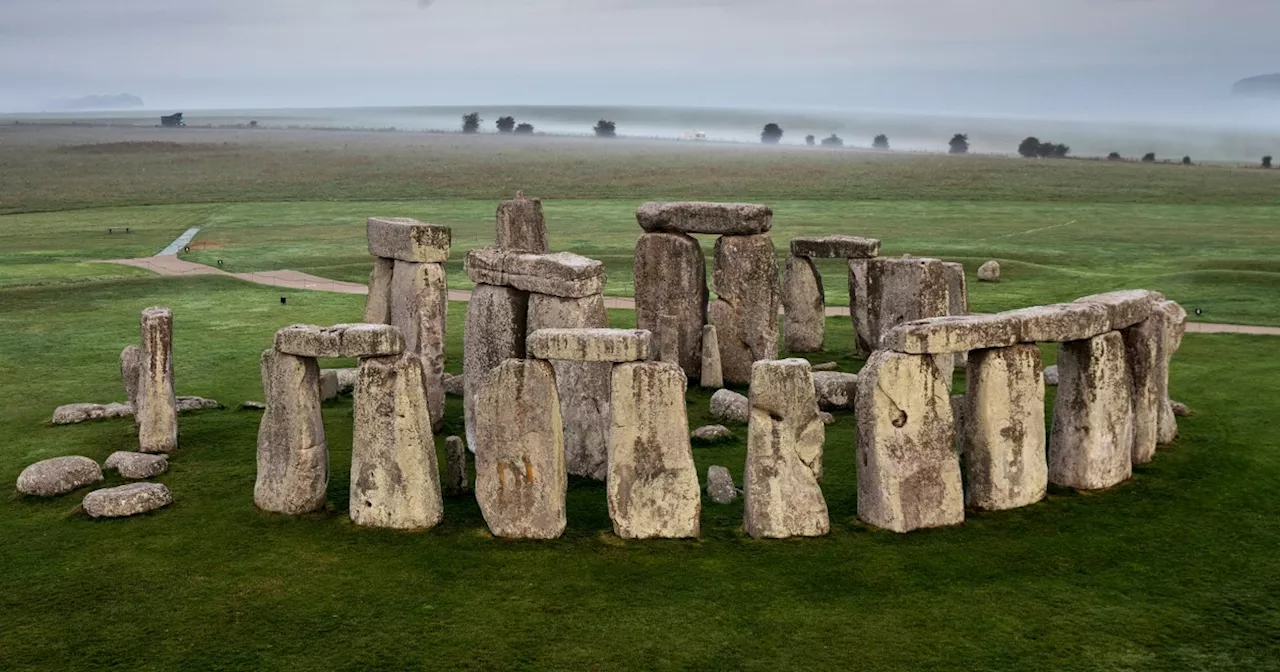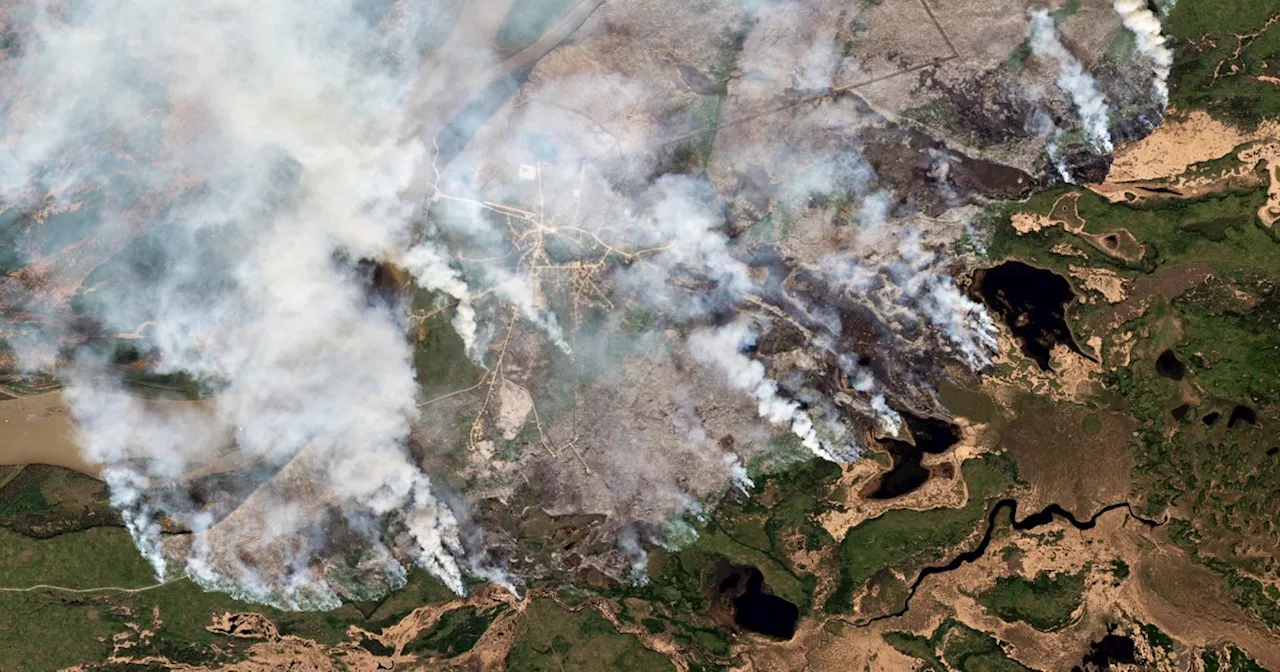Evan Bush is a science reporter for NBC News.
So many trees burned during Canada’s historic wildfire season last year that the forest emitted more carbon than most countries’ fossil fuel emissions for 2022, according to research published Wednesday. “Only China, the U.S. and India release more on an annual basis than we saw from these fires,” said Brendan Byrne, a carbon cycle scientist at NASA’s Jet Propulsion Laboratory in California and the lead author of the new study. “These fire emissions were unprecedented in the Canadian record.
To estimate the fires’ total carbon emissions for the season, researchers used satellite data evaluating how much light is absorbed by carbon in the atmosphere. They also analyzed the summer’s weather and found that Canada dealt with exceptional drought and its hottest summer since at least 1980. Scientists expect such conditions to become more common. When human activity causes carbon to be emitted into the atmosphere, about half of it stays there, while a quarter is absorbed by the ocean.
United States Latest News, United States Headlines
Similar News:You can also read news stories similar to this one that we have collected from other news sources.
 Men’s Olympic triathlon postponed as Seine remains too contaminated for safe swimmingEvan Bush is a science reporter for NBC News.
Men’s Olympic triathlon postponed as Seine remains too contaminated for safe swimmingEvan Bush is a science reporter for NBC News.
Read more »
 Triathletes will swim in Seine as last-minute testing shows the river is safeEvan Bush is a science reporter for NBC News.
Triathletes will swim in Seine as last-minute testing shows the river is safeEvan Bush is a science reporter for NBC News.
Read more »
 Why Japan issued its first 'megaquake advisory,' and what that meansEvan Bush is a science reporter for NBC News.
Why Japan issued its first 'megaquake advisory,' and what that meansEvan Bush is a science reporter for NBC News.
Read more »
 Stonehenge's central rock came from Scotland, study findsEvan Bush is a science reporter for NBC News.
Stonehenge's central rock came from Scotland, study findsEvan Bush is a science reporter for NBC News.
Read more »
 2024 may be hottest year on record, NOAA predictsEvan Bush is a science reporter for NBC News.
2024 may be hottest year on record, NOAA predictsEvan Bush is a science reporter for NBC News.
Read more »
 Earthquake scientists are learning warning signs of 'The Big One.' When should they tell the public?Evan Bush is a science reporter for NBC News.
Earthquake scientists are learning warning signs of 'The Big One.' When should they tell the public?Evan Bush is a science reporter for NBC News.
Read more »
